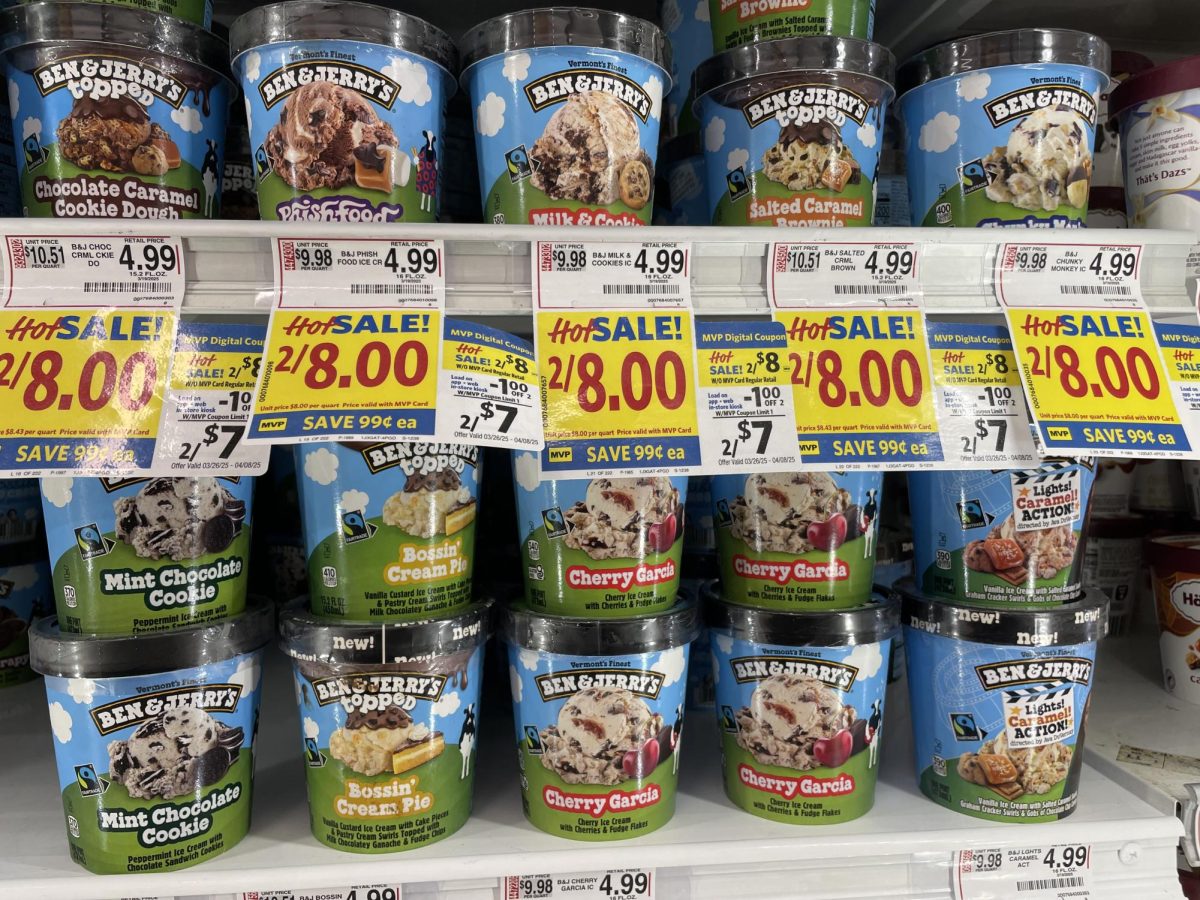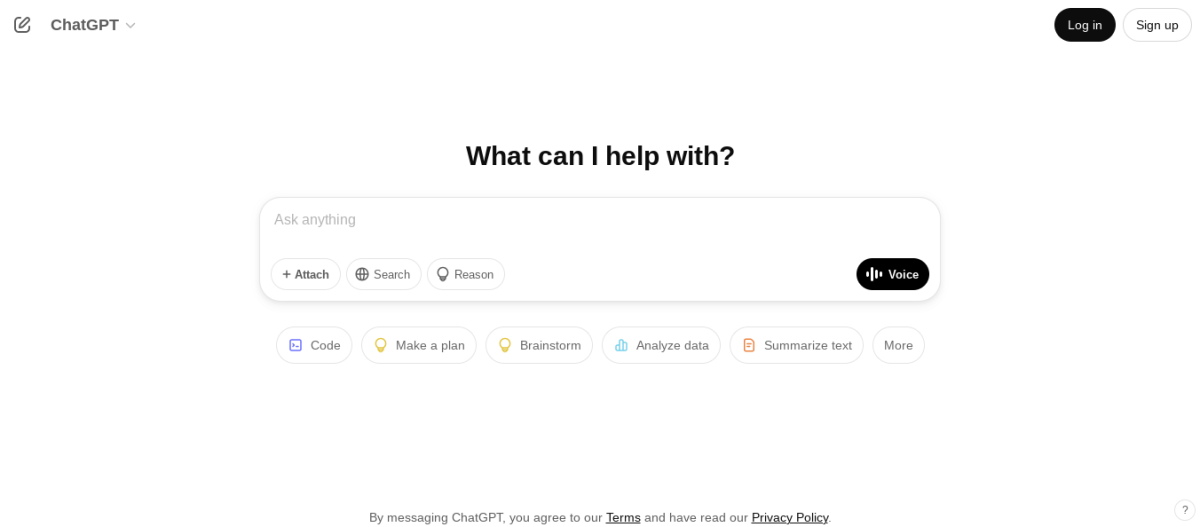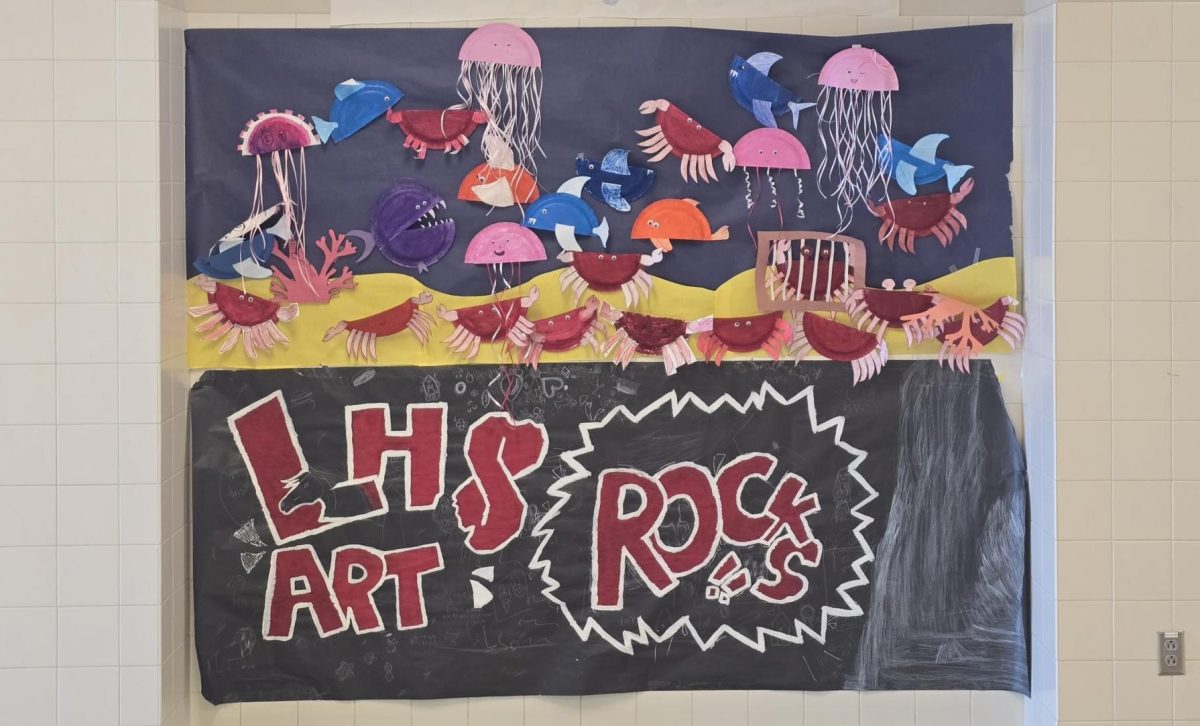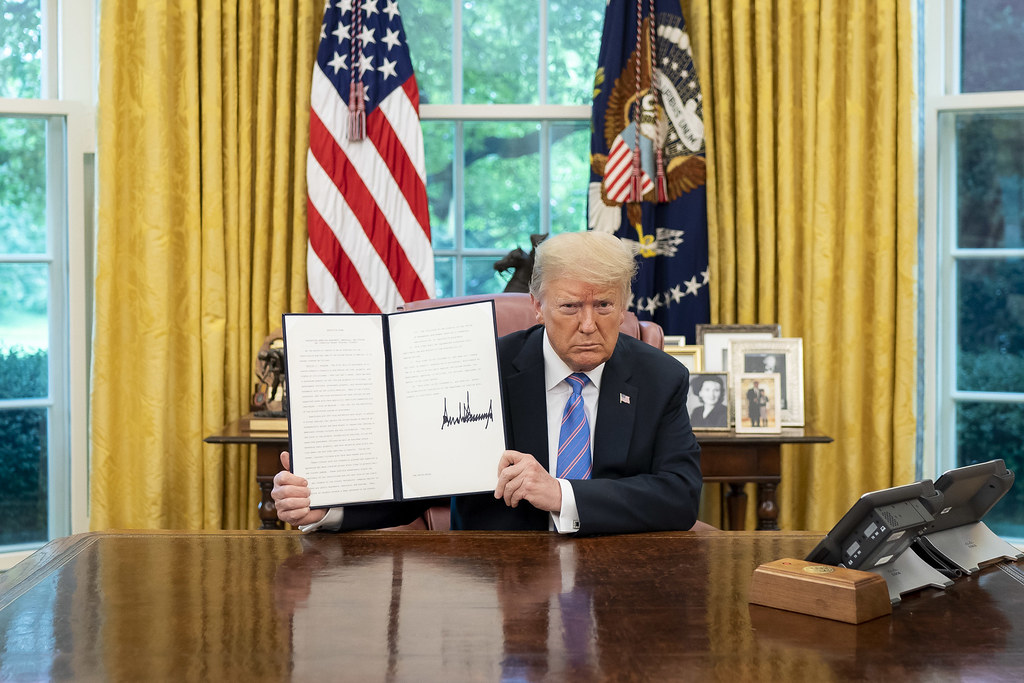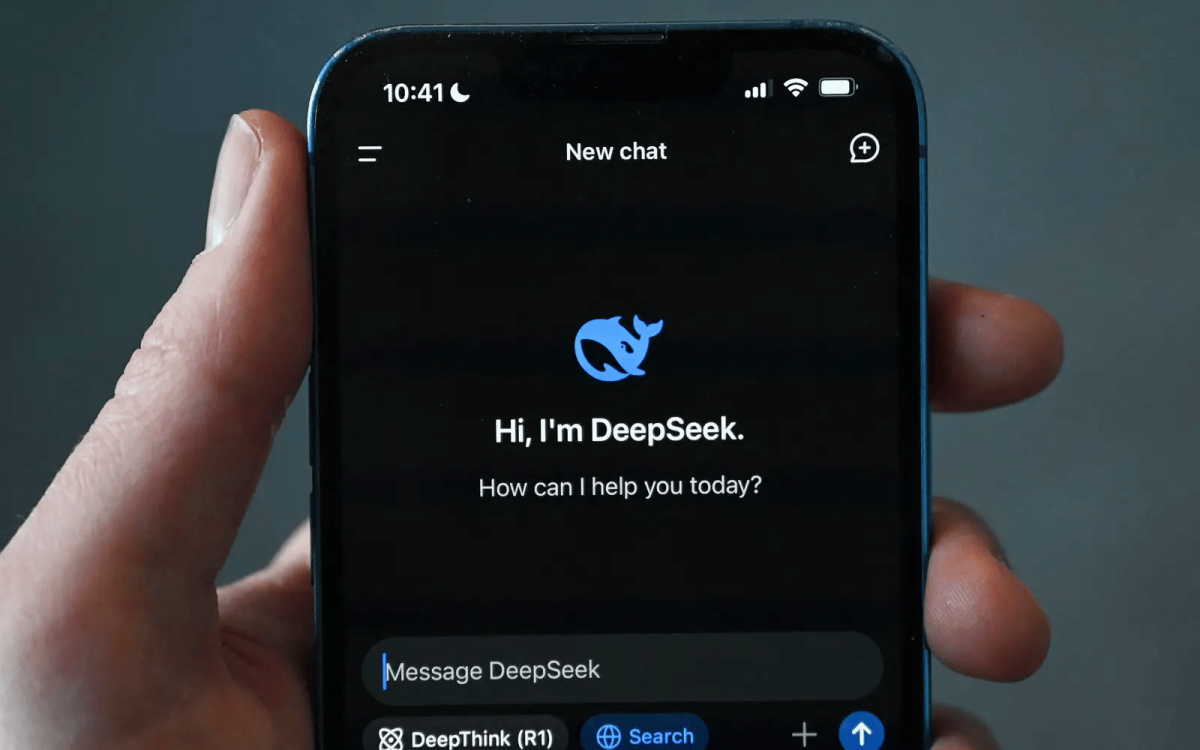On March 19, Ben & Jerry’s parent company, Unilever, removed the ice cream company’s chief executive officer, David Stever, without board approval for the brand’s public comments on political issues.
This is the most recent escalation of the conflict between the brand and their owner, but the issues have been growing for a long time.
In September 2022, the ice cream company sued Unilever for the first time. This was in response to Unilever’s sale of their Israeli subsidiary, which allowed the new owner to market in the West Bank. This was against the decision of the brand’s independent board of directors, and it was claimed that Unilever violated the stipulation in their merger agreement that states they must consult with an advisory committee of the board with this action.
The New York District Court denied the brand’s request to stop Unilever’s sale in West Bank, leaving Ben & Jerry’s to cope with a decision against their values.
In November 2024, Ben & Jerry’s sued Unilever again for claims of censorship of the brand’s activism. As they claimed in 2022, this lawsuit alleged their conglomerate owner had suppressed their advocacy for Palestinians affected by the events in Gaza.
Within this lawsuit, Ben & Jerry’s alleged that Unilever censored a public statement commending the participants of protests against the war on college campuses.
They also alleged that Unilever blocked their donations to Jewish Voice for Peace and the Council on American Islamic Relations, which, according to NPR, Unilever said their company “exercised its right to withhold consent to donate.”
The issues between the two regarding censorship did not end with this lawsuit either. In February, Ben & Jerry’s claimed that Unilever ice cream chief Peter ter Kelve barred them from issuing a statement regarding Trump’s presidency.
The amended court complaint stated, “According to Mr. ter Kelve, despite four decades of progressive social activism—and years of challenging the Trump administration’s policies specifically—criticizing Trump was now too taboo for the brand synonymous with “Peace, Love, and Ice Cream.”
All of this controversy led to conversations of a brand buyback by the founders: Ben Cohen and Jerry Greenfield. However, when asked by Yahoo! Finance, Unilever said, “Ben & Jerry’s is an important part of the ice cream business, and it’s not for sale.”
Their value of the beloved ice cream brand does not stop the current issues, seeing as these lawsuits have escalated into the situation with the CEO.
The businesses are not the only ones being impacted by the consequences of this controversy. The case has also had a profound impact on the public.
Many people have expressed support for Ben & Jerry’s’ advocacy and courage to speak out for or against what they believe in.
“I feel as if more big companies need to speak out about issues that are happening in our world, because I think the more people in power that are speaking out, the more change that can happen,” Linganore High School (LHS) sophomore Avery Nalborczyk said.
Since their founding in 1978, Ben and Jerry’s has built a reputation for speaking out on political and social matters, regardless of potential backlash.
“We love making ice cream—but using our business to make the world a better place gives our work its meaning,” Ben & Jerry’s said in their “Our Values” statement.
Ben & Jerry’s is an extremely prominent brand and according to Statista, it was the No. 1 leading ice cream brand in 2021. As one of the most recognized brands in the nation, its words and actions reach far and influence many.
“I feel as if they’re kind of taking their brand and the power they have with their brand to influence [people] with their opinions and kind of advocate for a change,” Nalborczyk said.
Companies commonly refrain from speaking out on controversial issues in fear of backlash that could affect their sales and success. Ben & Jerry’s has made it apparent throughout this dissension with Unilever that they will not cower.
“Normally in corporate America, everyone is told to keep silent and everyone stays unopposed, but the fact that they are actually making a position speaks power,” LHS junior Kyle Nicholson said.
Despite large amounts of encouragement coming forth for the brand, there are also many people against their outspoken nature.
“I feel if you have a business – keep its social media posts neutral and avoid posting about political, religious or social issues, unless the biz is specifically geared toward one of those things,” user Fighting Men With Perms commented on a CNN article regarding the case.
Disagreement with their progressive opinions and advocacy have led many to stop buying the ice cream brand altogether, reasoning that doing so would be indirectly supporting the founders’ viewpoints.
Interestingly, people taking Ben & Jerry’s side in the controversy are beginning to boycott as well, although for a different reason.
After Stever was removed for his alleged liberal ideologies, many who side with the brand in the lawsuit were outraged.
On Ben & Jerry’s most recent TikTok videos, the comments are filled with users expressing their grievances with Unilever. Many are calling for a boycott of their products, as a hit to Unilever, until Stever is reinstated as CEO.
Many are also calling for a boycott of all of Unilever’s conglomerates, which include many popular brands such as Axe, Dove, Hellman’s and Vaseline.
It seems unlikely that any change will come for Ben & Jerry’s, even with a boycott, considering their dispute with Unilever has been ongoing for the past four years.
At the end of the day, the whole controversy reflects issues regarding freedom of speech and suppression of dissenting opinions. Whether one supports Ben & Jerry’s or Unilever in this altercation, it is their right to express it how they choose.
With the current state of polarization in the United States’ fragmented political climate, it is important to learn to keep an open mind to diverse opinions in order to understand the bigger picture.


